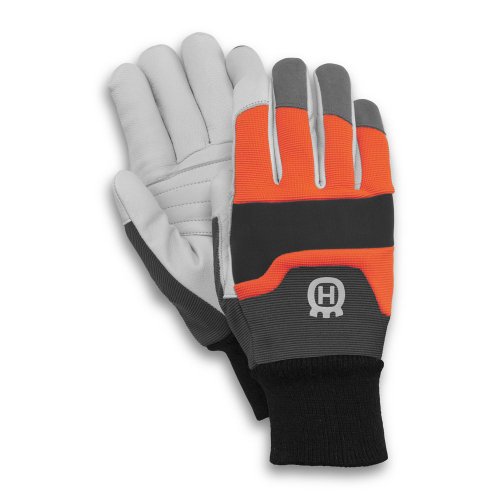CamMann
ArboristSite Operative
Noticed shell no longer had an ethanol free option here in Ontario. Been looking online, and it sounds like Canada may have prohibited gas stations from selling anything with less than 10% ethanol; starting at the end of 2022. Is that the case? Is the only remaining ethanol-free option the $11+/liter pre-mixes?
























































